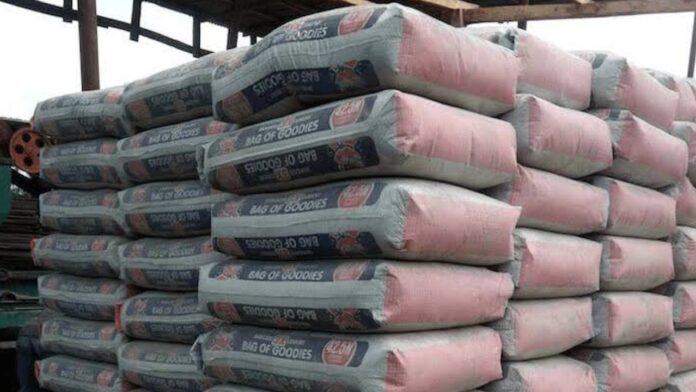Nigeria’s listed cement makers by market capitalisation efficiently used company funds by making new investments in Property, Plant, and Equipment (PPE).
The new investments in PPE grew by 148.3 percent to ₦439.5 billion in the nine months of 2024, an increase from ₦177 billion recorded in the corresponding quarter of 2023, according to BusinessDay analysis.
Leading the pack is BUA Cement, which accounted for 319 percent of the new PPE investments in the period amounting to ₦204.1 billion. It was followed by Dangote Cement, which made new PPE investments worth ₦185.5 billion, and Lafarge Cement, which invested ₦49.9 billion in PPE at the end of the nine months of 2024.
Collectively, the cement makers grew their total PPE by 56.7 percent to ₦4.81 trillion from ₦3.07 trillion. From total PPE stock, DangCement led the firms accounting for 69 percent of the total PPE recorded by the listed cement makers in the country.
Investing activity is an important aspect of growth and capital, and while negative cash flow is often indicative of a company’s poor performance, a negative cash flow in investing activities connotes that significant amounts of cash are being invested in the long-term health of the company, such as purchases of physical assets, investments in securities, or the sale of securities or assets.
Cash flow from investing activities (CFI) is one of the sections on the cash flow statement that reports how much cash has been generated or spent from various investment-related activities in a specific period. It provides an account of cash used in the purchase of non-current assets or long-term assets that will deliver value in the future. Cash flow from investing activities is important because it shows how a company is allocating cash for the long term.
For instance, a company may invest in fixed assets such as property, plants, and equipment to grow its business or output. While this signals a negative cash flow from investing activities in the short term, it may help the company generate cash flow in the longer term. A company may also choose to invest cash in short-term marketable securities to help boost profit.
During the period recorded, negative net cash flow generated from investing activities amounted to a negative ₦375.5 billion from a negative ₦18.4 billion.



